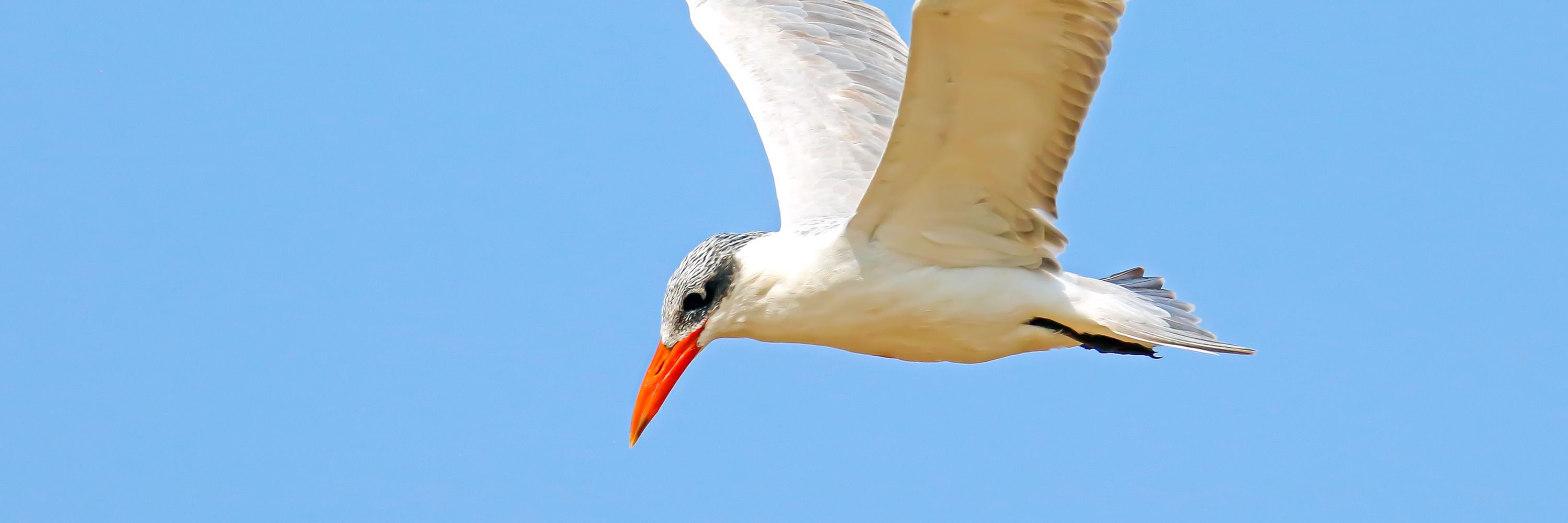
Tim Kuiper
@timkuiper.bsky.social
African Conservation Scientist. Christ follower. Danica’s hubby and Seb’s papa. Data analytics, Impact Evaluation and Wildlife Crime. Senior Lecturer in Statistics & Conservation at Nelson Mandela Uni, South Africa. PhD Oxford Uni. Runs on good coffee
🦏 This was a follow on from our recent paper on rhino dehorning published d in Science last week: www.science.org/doi/10.1126/...
LinkedIn
This link will take you to a page that’s not on LinkedIn
lnkd.in
June 10, 2025 at 11:09 AM
🦏 This was a follow on from our recent paper on rhino dehorning published d in Science last week: www.science.org/doi/10.1126/...
FINAL POINTS
🦏 This work was MANAGER-LED. People on the ground came up with the idea and are using the results. Special thanks to Iain Olivier and Julie Olivier for their collaboration onthis (it was their idea).
🦏 This work was MANAGER-LED. People on the ground came up with the idea and are using the results. Special thanks to Iain Olivier and Julie Olivier for their collaboration onthis (it was their idea).
June 10, 2025 at 11:09 AM
FINAL POINTS
🦏 This work was MANAGER-LED. People on the ground came up with the idea and are using the results. Special thanks to Iain Olivier and Julie Olivier for their collaboration onthis (it was their idea).
🦏 This work was MANAGER-LED. People on the ground came up with the idea and are using the results. Special thanks to Iain Olivier and Julie Olivier for their collaboration onthis (it was their idea).
✅ Solutions based on these behavioral insights include early response to space–time clusters of poaching, spatially targeted implementation of rhino dehorning, and bolstering ranger resilience to the corrupting influence of criminal syndicates.
June 10, 2025 at 11:09 AM
✅ Solutions based on these behavioral insights include early response to space–time clusters of poaching, spatially targeted implementation of rhino dehorning, and bolstering ranger resilience to the corrupting influence of criminal syndicates.
✅ Results suggest poachers strategically leverage space–time variation in opportunity and risk.
June 10, 2025 at 11:09 AM
✅ Results suggest poachers strategically leverage space–time variation in opportunity and risk.
WHAT DOES THIS MEAN AND WHAT CAN WE DO ABOUT IT?
✅ Understanding human behaviour is key to biodiversity conservation. Human behavior shapes both our impact on nature and the success of solutions to safeguard it.
✅ Understanding human behaviour is key to biodiversity conservation. Human behavior shapes both our impact on nature and the success of solutions to safeguard it.
June 10, 2025 at 11:09 AM
WHAT DOES THIS MEAN AND WHAT CAN WE DO ABOUT IT?
✅ Understanding human behaviour is key to biodiversity conservation. Human behavior shapes both our impact on nature and the success of solutions to safeguard it.
✅ Understanding human behaviour is key to biodiversity conservation. Human behavior shapes both our impact on nature and the success of solutions to safeguard it.
*️⃣ Poachers also avoided tourist activity and minimized time on the reserve.
June 10, 2025 at 11:09 AM
*️⃣ Poachers also avoided tourist activity and minimized time on the reserve.
*️⃣ Poachers repeatedly targeted specific reserve regions for set periods before shifting, mirroring the “near-repeat” behavior observed for other crimes. Crime science helped us understand the underlying drivers of the patterns we found.
June 10, 2025 at 11:09 AM
*️⃣ Poachers repeatedly targeted specific reserve regions for set periods before shifting, mirroring the “near-repeat” behavior observed for other crimes. Crime science helped us understand the underlying drivers of the patterns we found.
NOTE: Only a minority of rangers are corrupt and are more likely to become so when they are poorly treated. Let's not forget the vast majority of rangers who are incredibly committed, passionate, and hard working.
June 10, 2025 at 11:09 AM
NOTE: Only a minority of rangers are corrupt and are more likely to become so when they are poorly treated. Let's not forget the vast majority of rangers who are incredibly committed, passionate, and hard working.
*️⃣ The probability of poaching activity was higher near ranger camps. Together with supplementary evidence from internal investigations, this suggests that criminal syndicates collude with some rangers to facilitate poaching (read our results and discussion for the full picture)
June 10, 2025 at 11:09 AM
*️⃣ The probability of poaching activity was higher near ranger camps. Together with supplementary evidence from internal investigations, this suggests that criminal syndicates collude with some rangers to facilitate poaching (read our results and discussion for the full picture)

